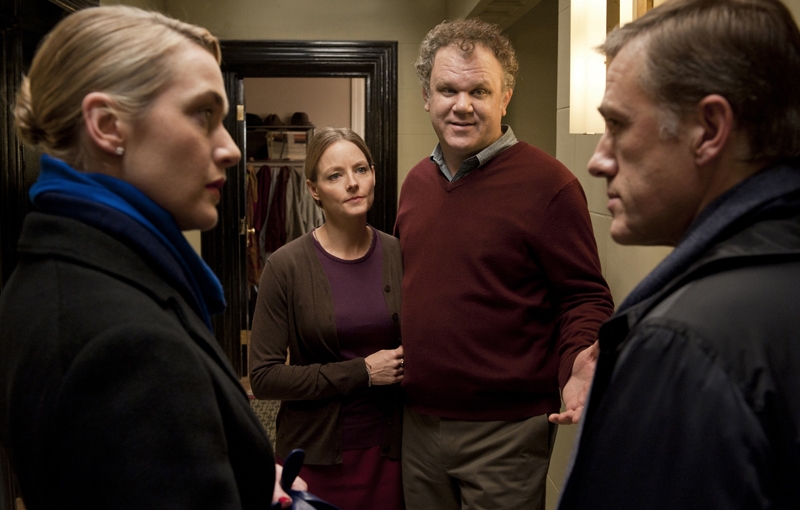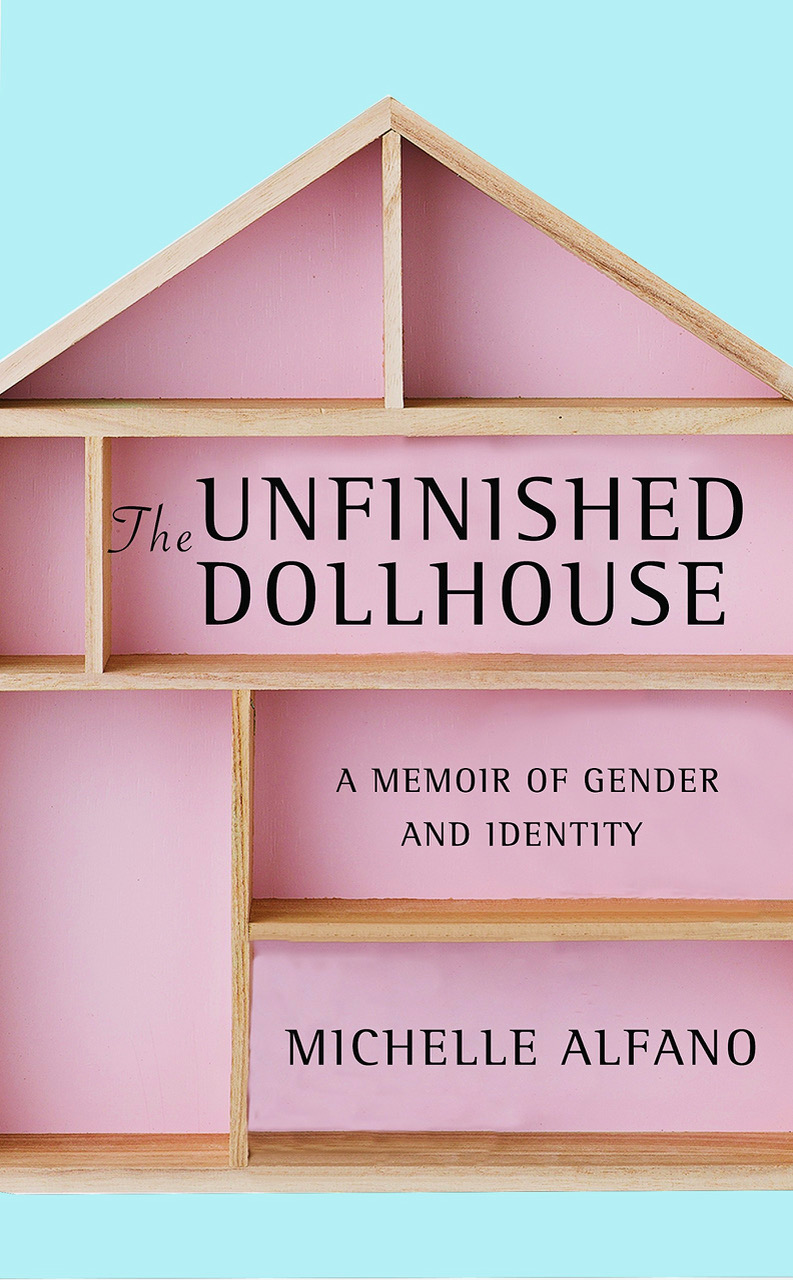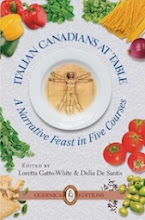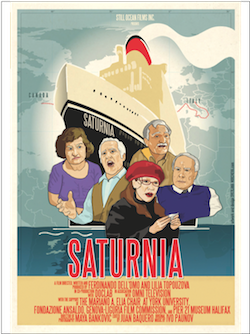The beleaguered male in Western culture is in a dispirited state, wouldn't you agree? He occupies a special status here that is unmatched globally. His role certainly has been diminished - in most instances no longer hunter and provider, defender of hearth and home or always the primary breadwinner - and his privileges are rightfully challenged on almost every front. No wonder the cinematic representation of men is so bleak, so dismal. No wonder many men appear confused about their role.
Perhaps it is true that we are largely more intrigued by the dysfunctional, the violent, the reprehensible in humanity but still these images exist on film in a way that they do not for women (we have other grievances, other stereotypes to combat). Is it because men are perceived to be more likely to display these characteristics? Are we more accepting of this characterization of men? Are the largely male directors more likely to take on these types of stories?
 |
| The disgruntled parents in a scene from Carnage |
In the end the film implies that the mothers' plea for civility is overwrought, unnecessary. The second to last shot is of the two boys on the playground, playing amiably, their feud forgotten. If only those infernal women would stay out of it. The last shot is evidence of the "weaker" male's own particular brand of cruelty and aggression - Michael, the perceived "weaker" male of the two, had let loose a hamster into the streets and we see it shivering and alone in the park where the boys play, terrified and confused.
 |
| The young unattached male as a source of menace in Straw Dogs |
Straw dogs were used as ceremonial objects in ancient China. Chapter five of the Tao Te Ching begins with the lines "Heaven and Earth are heartless/treating creatures like straw dogs". Su Ch'e comments, "Heaven and Earth are not partial. They do not kill living things out of cruelty or give them birth out of kindness. We do the same when we make straw dogs to use in sacrifices. We dress them up and put them on the altar, but not because we love them. And when the ceremony is over, we throw them into the street, [my emphasis] but not because we hate them." Lao-tzu's Taoteching (Mercury House, 1996)Here the straw dogs are the aimless young men of Blackwater, Mississippi that Amy and David have returned to. Used up by the town as young athletes (the town like many small American towns is obsessed with football and religion) and as fodder for the Iraq war. Afterwards they are discarded, unrecognized, worthless to their society. Hence, they appear full of rage and easily vent it towards the one that got away (the small town girl who has done well Amy) and the one who never had to do so (the Northerner David).
In Shame, in the absence of a real emotional connection to women Brandon Sullivan (the fearless Michael Fassbender) becomes untethered sexually and emotionally. Whether this is a self-induced state or imposed from without, he is unable to sustain a relationship with a woman that does not involve sex - prostitutes, threesomes, anonymous sex with a male stranger in a bathhouse, an unconsummated and unfulfiling sexual relationship with a "nice" woman from his office - none seem to satisfy Brandon or his appetite. His behavior becomes more and more reckless and dangerous and he deliberately avoids a meaningful emotional connection with his needy, slightly messed up sister Sissy (Carey Mulligan). There is an odd erotic current running between the siblings that is unnerving. It is only in desperation when Sissy tries to slit her wrists that Brandon finally appears to feel anything, to care about anything ... to eschew casual sex for a more meaningful attempt to forage a relationship with another human being, in this case, his sister.
 |
| Fassbender displays his talents in Shame |
Brandon's addiction is largely secret and an on-going source of shame. Hints that he will be revealed (porn discovered on this office computer, Sissy finding his Internet stash at home) throw him into a panic but it is a peculiarly male state ... a woman who demonstrated such excesses would merely termed a slut. For Brandon, it is something different. It becomes a part of his reason to live, his identity as a man.
Where could we look to for role models in 2011 with positive images of masculinity in the top rated and critically acclaimed films of that year - aside from the superhero franchises? The cuckolded, sad sack husband in The Descendants? The volatile, controlling father in The Tree of Life? The sleazy Governor in The Ides of March? The ineffectual, weak or nonexistent husbands and partners in The Help? The greedy, mercenary investment bankers in Margin Call? The controlling, charismatic cult leader in Martha Marcy May Marlene? The bullied, insecure artist in Midnight in Paris?
Film goers are starving for these images. I don't think I am alone in this.










No comments:
Post a Comment